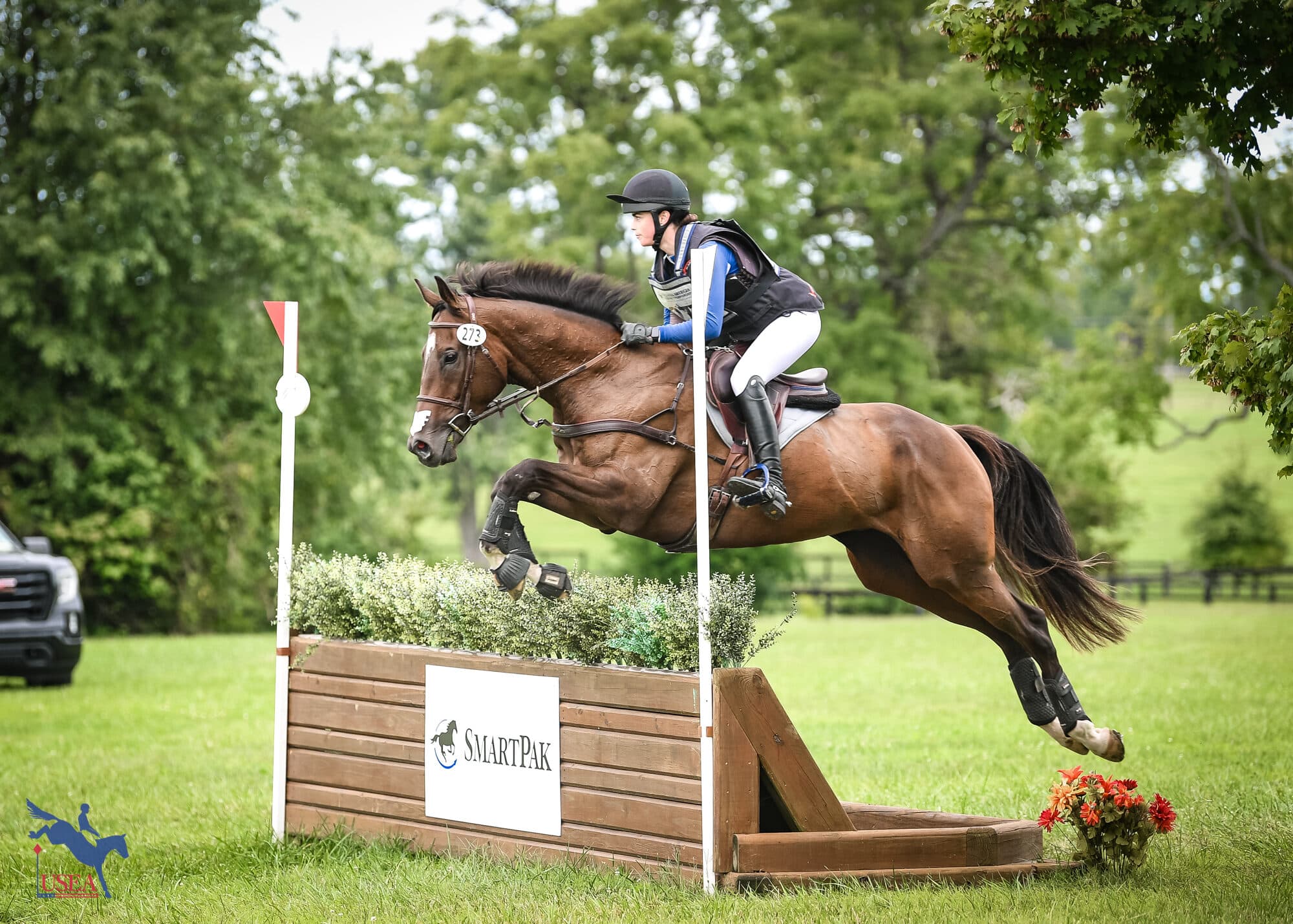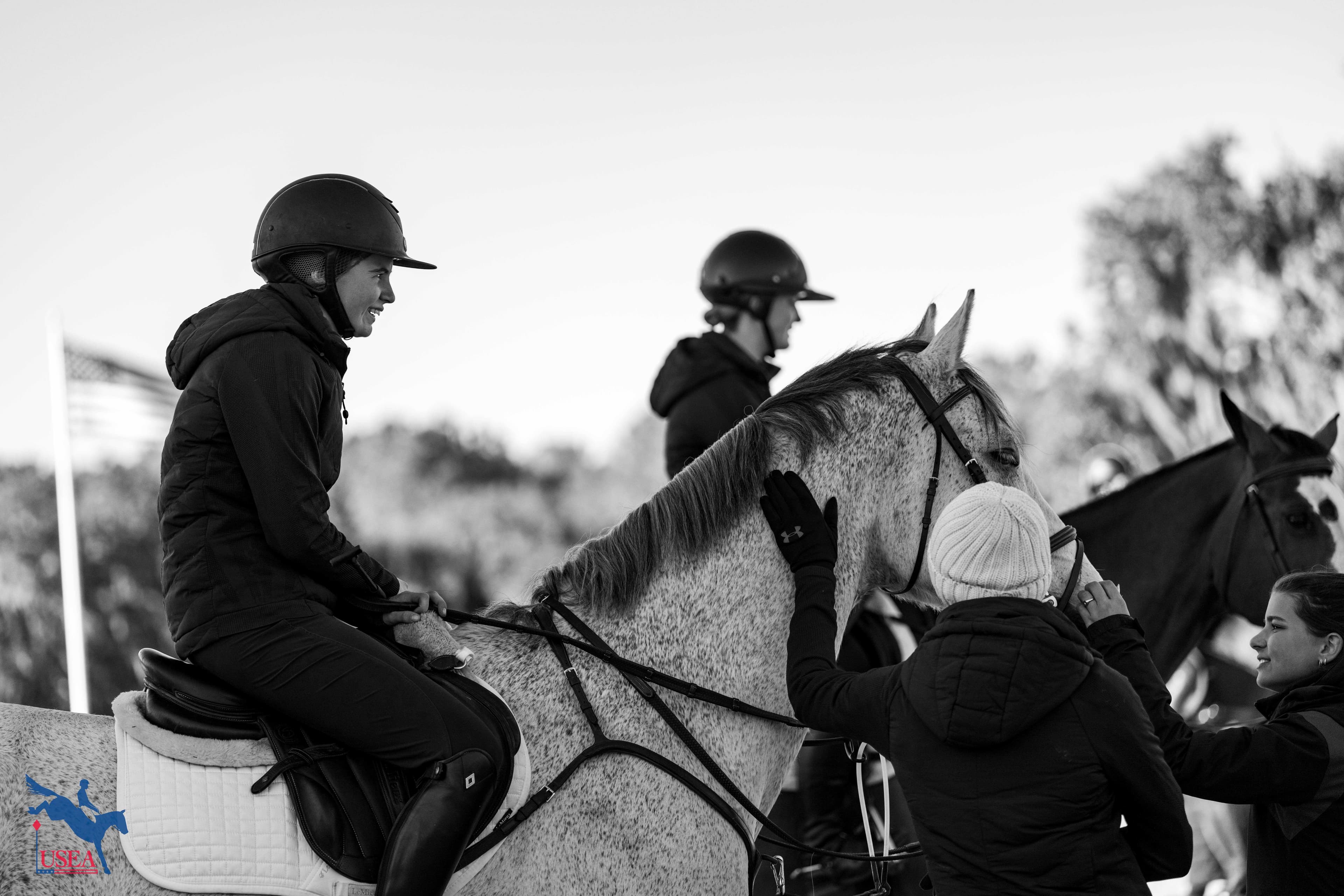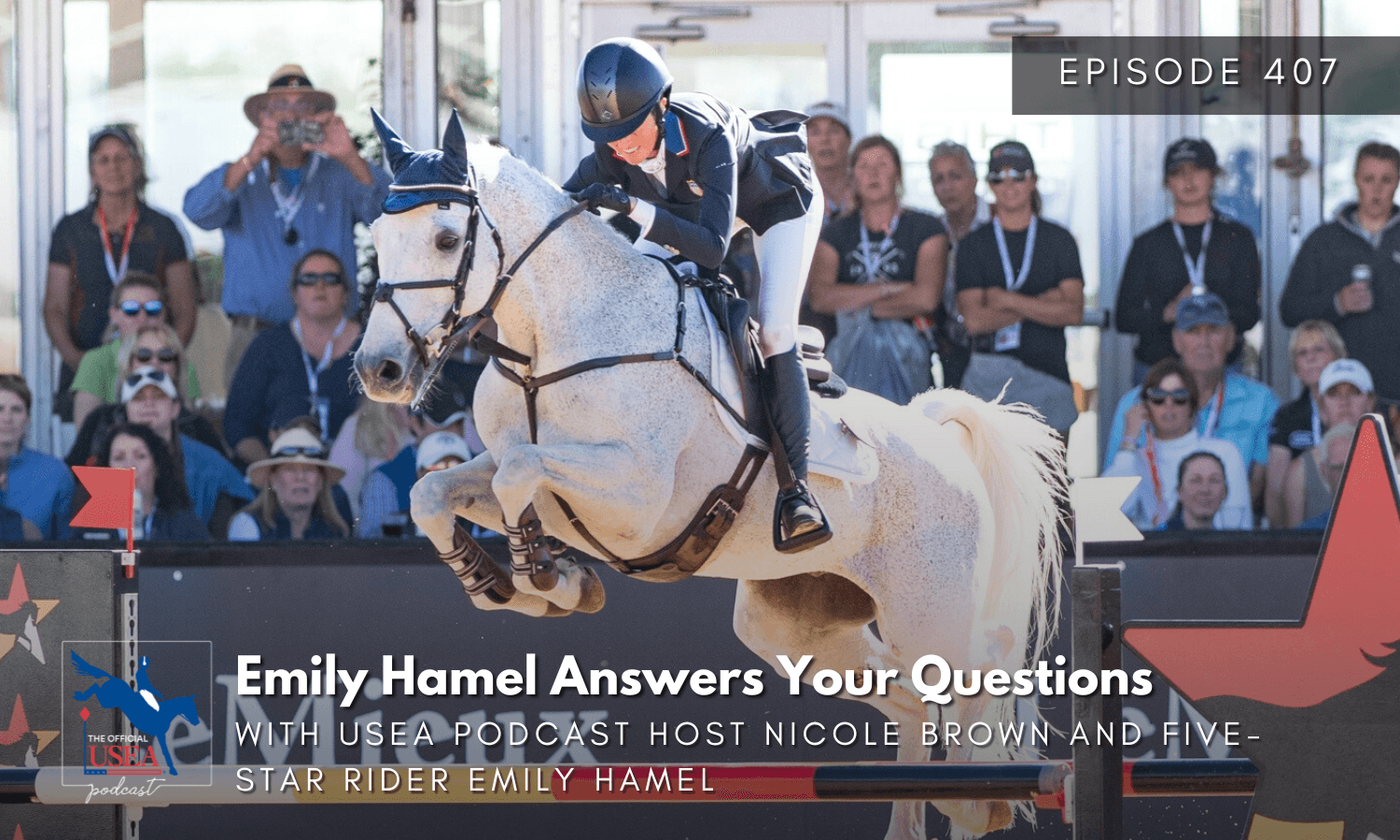Senior Strategies: Providing Care and Nutrition for the Aging Horse

Because every horse is different, caring for some senior equines is easy while caring for others can be a challenge. When does a horse become senior, how does the body change, which health conditions become more prevalent, and what can owners do to compensate for their horse’s aging body?
Horses are living longer and longer nowadays, but chronological age may not be the best indicator of when a horse is “senior.” Based on genetics, environment, nutrition and healthcare, some 20-year-old horses look and act like youngsters while some 12-year-old horses appear much older than the calendar suggests. Rather than counting birthdays, use your horse’s physiological age to decide when to begin caring for him as a senior. That is, watch closely for any decline in basic physiological functions such as digestion, immunity and others, and use these changes as your “age gauge.”
Some of the internal changes in physiological functions are visible to us externally. For example, a decreased ability to digest, absorb and metabolize nutrients can lead to decreased body condition score. Breakdown of muscle mass and laxity of connective tissue can lead to sagging of the topline and belly. A weakening immune system can lead to increased infections and delayed healing.
Because the senior horse’s body isn’t working as well anymore, it is more prone to certain health conditions. In the digestive tract, dental disease, colic, choke and sometimes diarrhea are seen more frequently in older horses. The metabolic disease Cushing’s is a disease of older horses. Recurrent airway obstruction, or, heaves, may be worse in older horses because it is a chronic disease causing permanent changes to the lung over time. Older horses have many soundness issues including arthritis and laminitis and hoof abscesses, which may be due to Cushing’s Disease or a weakened immune system.
Fortunately, owners can help compensate for their horse’s aging body through diet, preventive care, exercise and other management changes. Research by Dr. Ralston and others has shown that the senior horse’s digestive capacity is similar to that of younger horses that have had their entire left colons removed. This means that the older horse cannot digest fiber as well, which provides energy and promotes a healthy gut. Help make up for this physiologic change by providing fiber that is easier to digest (higher quality hay, soaked hay cubes, beet pulp, complete feed) as well as pre- and probiotics, yeast and enzymes. Senior horses may also benefit from being supplemented with Vitamin C and B-vitamins, since their aging bodies need more of these nutrients but produce them less efficiently. Ralston has also shown that senior horses do not digest protein as well. Offset this by providing higher-quality protein and more of it: 14 – 16% instead of the 10 – 12% younger adult horses require. Supplementing with the amino acids lysine and threonine has been shown to improve muscle mass in aging horses, and is another option. If your senior horse is on the thin side, consider adding a fat supplement for additional calories, choosing one with omega-3 fatty acids for their anti-inflammatory properties. When adding fat to any horse’s diet, but especially senior horses, it is always a good idea to also add Vitamin E as an antioxidant.
Preventive care is extremely important as your horse ages. Ask your veterinarian to perform a complete physical examination on your senior twice yearly instead of just annually. Each time, review your horse’s vaccination, deworming and dental care schedules, as these usually need adjusted as horses age. For example, you may need to vaccinate less if your horse is now retired and is exposed less to infectious diseases. However, you may want to consider daily deworming and more frequent mouth work to keep the digestive tract functioning at its best.
Provide your horse with as much turnout as possible. Depending on your horse’s soundness, controlled exercise in the form of hand walking, lunging or riding can help keep your senior looking and feeling his best. If your horse is experiencing some arthritis or other painful condition, work with your veterinarian to develop a management protocol that may include pain relievers, anti-inflammatories, and joint support. Remember that older horses need longer to warm-up and cool-down, and do better with regular, even daily, exercise rather than once a week trail rides or random outings. If you are still able to exercise your horse, try not to give your senior too much “down time” during the winter or other traditional seasons because it takes much longer to restore their fitness and condition.
Finally, here are a few other management suggestions to ease your horse into his golden years. Because older horses do not tolerate temperature extremes as well, keep him cool in warm weather with body clipping (if necessary) and fans; keep him warm in cold weather with shelter and blanketing. Monitor his status within his herd even if no horses have been added or taken away. As he ages, he may fall in pecking order and be kept away from food, water and shelter. Nothing can prevent your horse from growing old, but through diet, preventive care, exercise and a little TLC, you can make sure he grows old gracefully.
About SmartPak
From the feed room to the tack room, SmartPak offers innovative solutions to help riders take great care of their horses. SmartPak was founded in 1999 with the introduction of the patented SmartPak supplement feeding system. The revolutionary, daily dose SmartPaks are custom-made for your horse, individually labeled and sealed for freshness. With the success of this simple and convenient feeding system, SmartPak has continued to expand its offering of quality products, including its own line of more than 90 supplement formulas under the SmartSupplements, Leg Up and Smart & Simple brands. The company also offers a wide variety of tack, equipment, and supplies. SmartPak has grown rapidly each year and is one of the largest retailers of equestrian products in the United States. SmartPak’s success has been powered by a passion for delivering an unbeatable customer experience, and the company has been recognized with a Bizrate Circle of Excellence award eight years in a row, as well as receiving an “Elite” rating from STELLAService.
About the United States Eventing Association
The USEA is a non-profit 501(c)(3) educational organization committed to providing eventing enthusiasts with a competitive level suited to their individual skills. By assisting and educating competitors, event organizers, and officials; maintaining responsible safety standards; and registering qualified competitions and clinics, the USEA offers a strong and continuous training opportunity for an ever-expanding field of world-class competitors. Just as importantly, the USEA provides a means for all riders, regardless of age or ability, to experience the thrill of eventing. To learn more, visit www.useventing.com.














